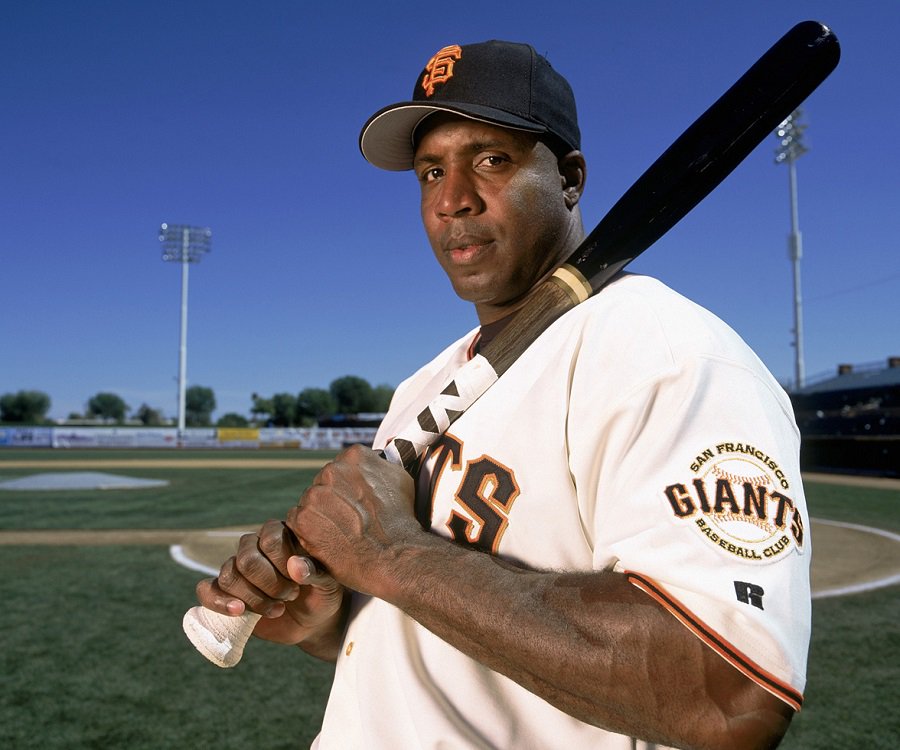When Barry Bonds left the great game of baseball ten years ago he dreamed he’d be doing in while at attention in left field at the famous AT&T Stadium, with a sellout crowd giving him a standing ovation and yelling their hearts out for his stellar performance as a San Francisco Giant. But it wasn’t in the stars. As everyone knows, things worked out a little bit differently than that.
But this past Sunday Bonds finally got his daydream fulfilled, after nearly eleven years away from the people and the park he gave so much of his life and heart to. San Francisco celebrated the man as a one-of-a-kind wonder and the Giants officially retired his number, amidst the applause and hoopla that a sports legends always deserves, and eventually gets, in this country.
After the extravagant ceremony Bonds indulged in one of his trademark meals — chocolate chip cookies with a large cold glass of milk — while he chatted with reporters out in AT&T Field, where so much memorable baseball history was made. Most of it by Bonds, the way he likes to tell it.
Bonds told reporters he considered the Field to almost be his private property. He should just sign one of my. Custom Baseballs already. With the typical braggadocio and hyperbole that has made Bonds a beloved character in the sports writing community and with his legion of fans, Bonds boasted to the enthralled scribblers that it was his exploits that built the Park in the first place and kept it going when baseball as a whole went through some lean years back at the turn of the century. He told reporters that even though Willie Mays and Willie McCovey never played in AT&T Park, they still gave him the inspiration he needed during down times to keep plugging away. But then again, as baseball’s all-time homerun king, Bonds has a perfect right to have a swelled head and do a little boasting. At least, that’s how all the reporters who covered the event felt about it. Although hardened to the peccadilloes of professional athletes and not much given to sentiment, the reporters at the ceremony in San Francisco cut Bonds a lot of slack and simply quoted him without comment, except to say that one of the giants in baseball history was finally having his well-deserved and long delayed moment in the sun.
The old controversies, of course, weren’t entirely laid to rest by San Francisco’s celebratory blowout for Bonds. The performance-boosting drugs that Bonds took to give him that extra edge in smacking out homeruns like an assembly line are still a matter of debate among sports writers and lovers of the game of baseball all over the world. How much of Bonds’ 762 home runs were due to steroids? There’s really no way of knowing; the only hard, concrete fact is that Bonds was firmly ensconced in the Baseball Hall of Fame in Cooperstown long before the steroid story broke and sidetracked his career.
Another baseball legend at the event, Willie Mays, has not been shy in wondering out loud to reporters why Bonds got the nod from Cooperstown long before he himself did. It’s not a question he asks out of personal jealousy, says Mays, but rather out of love for the game of baseball itself. It’s a game, says Mays, that gave him the chance to break the color barrier in big league sports and that he still thinks is the greatest expression of American spirit and attitude. But sometimes, he tells reporters privately, it’s just as skewed as any other big business venture in America.

